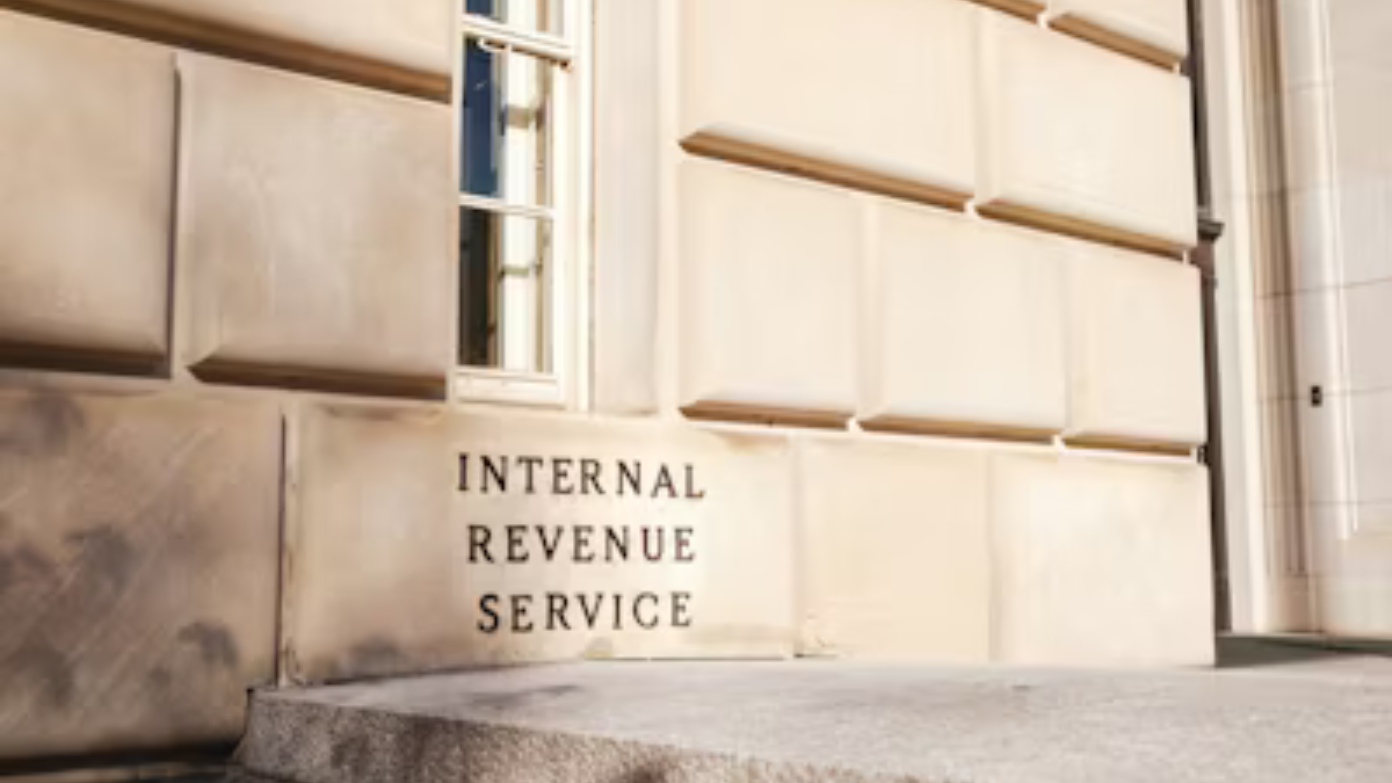The Internal Revenue Service (IRS) has turned the table more on the taxpayers who rent-or-out their homes on a short-term basis using services like Airbnb, VRBO and such. Keeping its nose at the rising popularity of such platforms, the IRS reminds homeowners to comply with federal tax laws on what should be reported as income earned and expenses claimed. Clear Start Tax, a national tax preparation and consulting firm, notes that failure to properly report short-term rental activity could invite audits, penalties, and nasty surprises on tax bills.
Why the IRS is turning its attention to vacation rentals
The sharing-economy platforms rapidly tumble up for additional pooled earnings for very many individuals through renting out parts of potentially just a weekend and normally by less than 30-day stays. Generally, the way that most taxpayers believe is just the rental of a weekend or up to 14 days is not subject to scrutiny; it is basically an informal earning. What they do not realize is that such income is taxable with the IRS placing more effort into data matching the two types of income-taking from the forms 1099s-K and individuals’ returns.
The key reasons are:
- Almost everyone with online platforms has been affected by the 1099-K effective for 2023 or later.
- Advanced analytics cross-reference income resources from multiple sources with taxpayer returns.
- Changes made to the legislation reporting threshold lowered for 1099-K in 2022 which capture even small hosts.
These all join to significantly raise the number of taxpayers that can be flagged by the IRS for not reporting or underreporting rental income.
Understanding taxable rental income
Any gross earnings from short-term rentals should be reported on Schedule E (Supplemental Income and Loss) of Form 1040 unless the property qualifies as a business or meets personal-use tests. It comprises rental fees, cleaning charges, pet fees, and any other related payments from guests.
Clear Start Tax recommends hosts track:
- Total rental days vs. personal use days: if owners or family occupy the property for more than 14 days or 10% of total rental days, the activity may be considered personal rather than business, limiting deductions
- Expenses: Mortgage interest, property taxes, utilities, maintenance, and depreciation are deductible to the extent of rental use; however, personal-use days require a proportional allocation of expenses to non-deductible personal use
- Vacation home rules: Properties that are used for both personal and rental purposes are subject to “vacation home” rules under IRS publication 527.
Failure to follow those guidelines can generate disallowed deductions, underreported income, and possible audit triggers.
How short-term use can spark tax liability
Short-term rentals, as opposed to long-term leases, may qualify as trade or business and may subject hosts to self-employment tax regarding net earnings. The IRS takes into consideration aspects like frequency of rentals, level of services provided (e.g., daily cleaning, concierge services), and whether the owner materially participates in operations.
If it is deemed that a host is providing significant services like breakfast, concierge assistance, or daily cleaning, then a rental is analogous to an organization similar to that of a bed-and-breakfast or a hotel business. For that case:
- Net rental income may be filed with Schedule C rather than Schedule E.
- Net earnings will now be subjected not only to income tax but also to self-employment tax at the prevailing rate of 15.3%.
- A qualified business income (QBI) deduction of up to 20% may also be available depending on the income level and other criteria.
On the contrary, purely passive rentals without significant services are still on Schedule E that avoid self-employment tax but disqualify hosts from certain business expenses.
Best practices to staying compliant
A close study through Clear Start Tax advises hosts to observe the following practices so that they will minimize audit risks and have their taxes reported rightly:
- Maintain meticulous records: Document all rental income and categorize expenses by rental versus personal use. Digital tools and accounting apps can automate tracking.
- Review platform-generated 1099-Ks: Promptly reconcile these statements with your own records to catch discrepancies.
- Consult a tax professional: Given the complexity of mixed-use properties and service levels, professional guidance can optimize deductions and clarify tax positions.
- Evaluate personal-use thresholds: Adjust booking calendars to stay within favorable rental-versus-personal-use ratios, if maximization of deductions is a priority.
- Stay up to date on IRS guidance: Watch for updates to Publication 527 and new IRS notices on sharing-economy reporting.
The IRS will not rest its scrutiny on short-term vacation rentals as it continues to implement more lower thresholds for reporting. With the organization of records and aiming towards rules on rental-use, such as ticking with experts’ advice, hosts will see reduced risks of audits and penalties. And, as Clear Start Tax recommends, knowing the “fine print” of taxation on rental incomes is necessary for homeowners attempting to cash in on their properties’ potential short-term income.
Read more: 2026 tax brackets outlook: what the latest forecasts say
Read more: Taxpayers hit by IRS delays complains: “I filed early, but my refund still hasn’t arrived”

